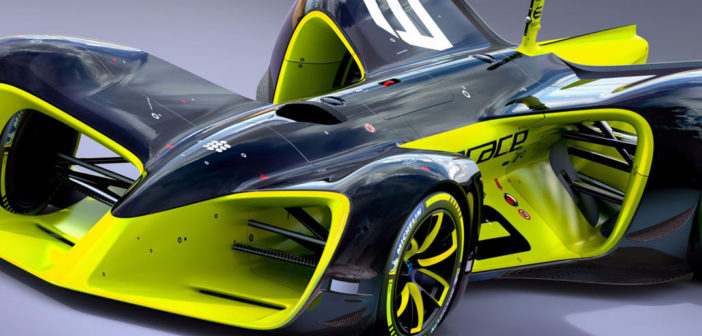Consumer connected car revenues to near $50 billion in five year’s time
By 2022, half of consumer vehicles on the road will have at least one connectivity service, such as telematics, vehicle-to-everything (V2X) communications, or connected car commerce services.
The new study, from Juniper Research, found that revenues from consumer connected car services will rise from $18.4 billion in 2017 to $49.2 billion in 2022, a 21.6% compound annual growth rate (CAGR). Increasing industry involvement from original equipment manufacturers (OEMs) and network operators, combined with the development of new V2X services, will be key drivers for future growth.
The research found that automotive OEMs must prepare to capitalise on the impending opportunities of V2X services, such as smart parking and automated fuel payments. North America will emerge as the leading region in this space, accounting for 39% of all end user spend on connected car commerce platforms by 2022. The study argued that stakeholder investments and public private partnerships will be as critical to future vehicle-to-infrastructure (V2I) services as OEM involvement.
Additionally, the report found that in-vehicle services must remain specific to the vehicle or risk being viewed as unnecessary and invasive. Lucrative services will therefore be restricted to fuel payments, smart parking and toll roads. However, the report highlighted that early rollouts of infrastructure could take up to five years to implement, allowing stakeholders time to cultivate pertinent use cases.
While vehicle sales will limit the take up of vehicle-integrated commerce services, the report found that high average spend per user will offer a significant revenue opportunity to entice stakeholders. Juniper predicted that total consumer spend over connected car commerce platforms will exceed $100 billion by 2022.
“OEMs will begin competing on the level of convenience that their in-vehicle services offer” remarked research author Sam Barker. “Soon, level of service will be more important to drivers than vehicle performance itself.”





